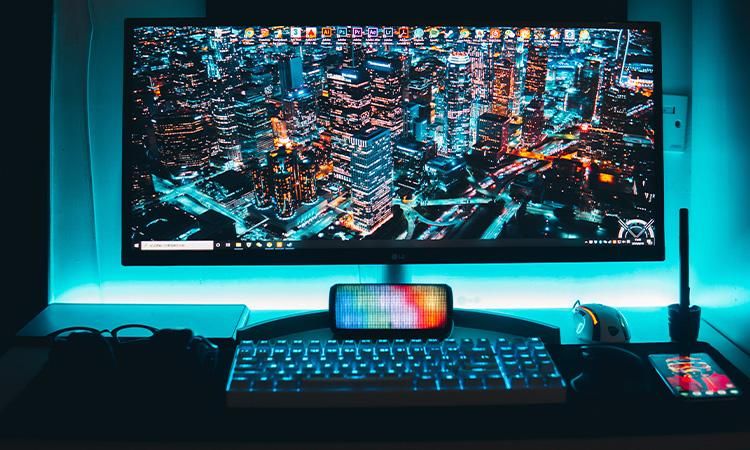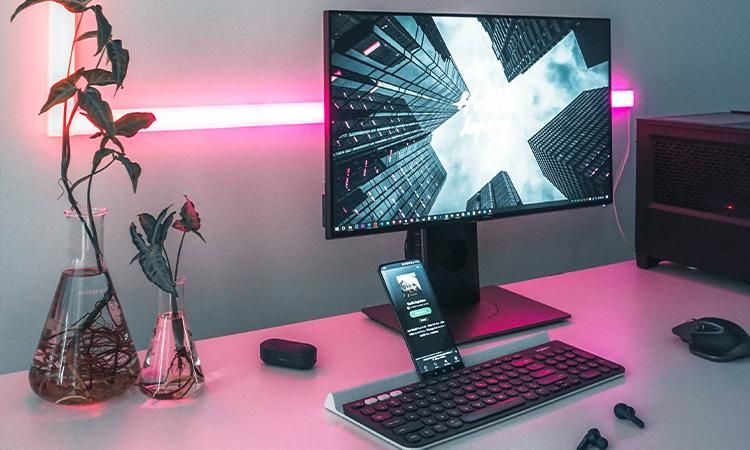Do you need to keep the computer connected to the power supply if you don't use it for a long time? This is a topic that is often discussed. With the popularity of electronic devices in our daily life, people have a lot of questions about the habit of using computers. Some people think that you should unplug your computer when you don't use it for a long time to avoid wasting power, while others think that keeping your computer connected to a power source can help extend battery life. So how should we deal with the computer's power problem? Let's take a look at the relevant scientific knowledge.

First, let's talk about how modern computers are powered. Most laptops and some modern desktops are equipped with lithium-ion batteries. This type of battery has a memory effect, that is, the capacity of the battery may decrease after frequent charging and discharging. To avoid this, some people advocate unplugging the computer when it is not going to be used for an extended period of time. However, this view is outdated, as modern lithium-ion batteries have reduced the problem of memory effect and do not need to be fully charged and discharged as often.
In fact, for most electronic equipment, frequent unplugging and unplugging may cause more damage to the equipment. The power plug and connector are not optimized for frequent unplugging during design, so excessive operation may cause the power plug to become loose or damaged, which will affect the normal use of the computer. Long-term frequent plugging and unplugging of the power plug may also cause the power interface to become loose, resulting in unstable power, and in severe cases, may damage hardware components such as the motherboard.

Another important issue is the computer's standby mode. Modern operating systems support hibernation and sleep modes, which put the computer into a low-power state when it's not in use, extending battery life and conserving power. If we disconnect the power frequently, we cannot take full advantage of these power-saving modes, and the computer will consume more power every time it is turned on.
Of course, there are some situations where you need to unplug the power plug. For example, in bad weather such as thunder and lightning, in order to prevent the computer from being damaged by excessive voltage shocks, it is best to unplug the power supply. Or when the computer is abnormal, it can also be forced to shut down by unplugging the power plug. But these situations are the exception and should not be the norm.
If you don't use your computer for a long time, you should put it in a safe and dry place. It is recommended to use a dust cover to protect the device to prevent dust from entering the interior and affecting heat dissipation and hardware operation. In addition, regular cleaning of computer vents and radiators is also an important measure to maintain computer health.

To sum up, for modern computers, you don't need to keep unplugging the power plug for a long time when you don't use it. Keeping the power plug connected will help you take full advantage of Power Saving Mode while avoiding possible damage from frequent unplugging and unplugging. If you are worried about the energy waste caused by the computer being idle for a long time, you can reduce the power consumption by turning off the device or using the energy saving mode. And in special cases, such as bad weather or equipment failure, then consider unplugging the power plug. Proper use and maintenance of computers not only help to prolong battery life, but also protect computer hardware and provide a better experience for our daily use.